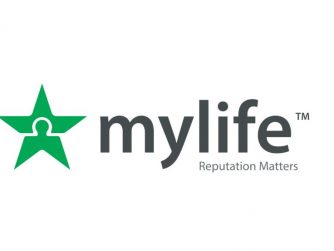The Coronavirus crisis has brought out the best and worst of human nature. The best: charities across the country are stepping up and many people are donating what they can. The worst: opportunistic scammers are using fake appeals or sham charities to swindle donations from good-hearted people.
No one wants their Coronavirus donation to go to a scammer, so before you give, do some research.
- Search online for the charity’s name and the words “scam” or “fraud.”
- Review ratings of the charity by these organizations.
- Check the charity’s registration status with your local charity regulator. Are they registered to take donations in your state?
Here are other things you can do to make sure a scammer is not taking advantage of your generosity:
- Donate using a credit card. It’s the safest way to donate. Never donate by giving out gift card numbers or using a wire transfer. If someone asks you to donate that way, you can be sure it’s a scam.
- Double check the name of the organization. Many fake charities try to trick you by using names similar to those of well-known organizations, but with one word different or a misspelled.
- Ask lots of questions. What’s the charity’s website, address, and mission? How much of my donation will go to the program I want to help? How many people does the charity help, and how? If helping your community is important to you, ask how the charity spends money in your area. If you get vague answers, find another way to help.
- Confirm that your donation will be tax deductible, if that’s important to you. Use the IRS’s Tax Exempt Organization Search to check. Know that donations to individuals are not tax deductible.
- Don’t assume a donation request on social media is legitimate just because a friend liked it or shared it. Do your own research. Call your friends or contact them offline to ask them about the post they shared.
Visit ftc.gov/charity for more tips on donating wisely. If you see a charity scam, report it at ftc.gov/complaint. Your report helps stop scammers and alert others about them.
Originally supplied by Rosario MéndezAttorney, Division of Consumer and Business Education, FTC






